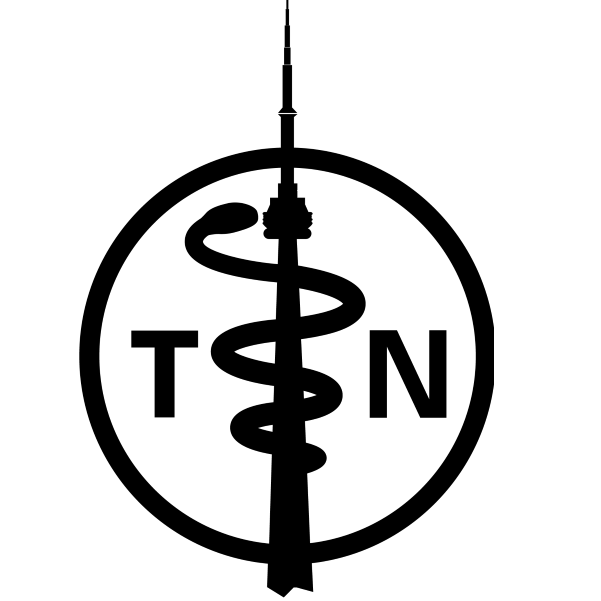OSCE Cases
- General OSCE Tips
- Head & Neck OSCE Stations
- Respirology OSCE Stations
- Cardiovascular OSCE Stations
- Gastroenterology OSCE Stations
- Peripheral Vascular OSCE Stations
- Neurology OSCE Stations
- Musculoskeletal OSCE Stations
- Psychiatry OSCE Stations
- Urology OSCE Stations
- Geriatrics OSCE Stations
- Women’s Health OSCE Stations
- Pediatrics OSCE Stations
Pediatrics OSCE Stations
You are seeing Mrs. Bosco, a 25 year old female who recently gave birth to a baby named Michael six weeks ago. Today, she presents to your office because she is concerned about the baby’s health. Take a focused history of Mrs. Bosco’s complaint.
History
- Determines chief complaint is diarrhea
- Volume of diarrhea (i.e. frequency of diaper change)
- Appearance of diarrhea (appears brown, with no blood)
- Associated nausea/vomiting
- Lethargy
- Child’s level of activity
- Fever and peak temperature
- Changes in urination, including odor
- New rashes
- Symptoms of URTI
- Recent weight loss
- Volume of oral intake
- Infectious contacts
- Past medical history (none)
- Asks about developmental milestones appropriate for child’s age
- Pregnancy history (normal)
- Vaccinations to date
- Allergies (none)
- Current medications (none)
- Inquires about mother’s stress, caregiver burden
- Inquires about mother’s support for the care of the infant
- Inquires about post-partum depression
- Inquires about mother’s other concerns related to raising her infant
You are seeing Haley Schilling, a 15 year old female, who’s coming to your office today at the behest of her mother. She has recently become more tired and her mom is concerned that she has ‘low blood.’ Take a focused history from Haley.
History
- Determines chief complaint is fatigue
- Inquires about onset and duration of fatigue
- Asks patient what she believes is causing her fatigue
- Inquires about patient’s mood (“I often feel low”)
- Inquires about association with other systemic symptoms – fever, chills, nausea (none)
- Symptoms suggestive of thyroid disease (cold intolerance, skin/hair changes)
- Excessive sleep (yes)
- Increasing weight, increasing appetite (yes)
- Feelings of worthlessness/guilt/isolation
- Pre-occupation with self image
- Poor concentration
- Psychomotor activation or retardation (activation)
- Suicidal ideation
- Suicide attempts
- History of self-harm behavior
- Symptoms of mania
- Symptoms of anxiety
- Symptoms of psychosis
- Establishes social context of child’s home-life and relationship with family
- Inquires about how the patient is adapting in school
- Relationship/sexual history
- Activities outside of school
- Past medical history
- Past history of depression and other psychiatric illnesses
- Current medications
- Alcohol, smoking, and drug history
- Legal history
- Current social supports
- Family history of psychiatric illnesses
You are about to see 7 year old boy named Bobby. His father has brought him in and tells you that he’s been significantly less active in the last two days, and that he’s been running a high fever. Perform a focused physical examination for a child with a fever.
Physical Examination
- Explains the nature and purpose of the examination to the child and parent
- Asks parent for assistance while examining the child when needed
Inspection
- Comments on overall appearance (looks unwell, diaphoretic)
- Examines for rashes
- Examines joints for effusion, erythema
Vitals/Hypovolemia
- Measures heart and respiratory rate
- Assesses volume status by examining mucus membranes, skin temperature/turgor, capillary refill
- Takes temperature of patient (hyperthermic)
- States that orthostatic vitals should be measured
- States that the weight of the child should be measured as part of the volume assessment
Head and Neck exam
- Comments on the presence of erythema and exudates in oropharynx
- Palpates all lymph nodes of the head and neck
- Comments on the size, texture, mobility, and location of any identified nodes
- Asks patient/assesses child for tenderness during examination
- Examines patient’s ears using otoscope, comments on auditory canal and tympanic membrane
- Checks for neck stiffness
Respiratory
- Comments on respiratory status: accessory muscle use, nasal flaring, central/peripheral cyanosis
- Auscultates in all lung fields
- Comments on findings
Abdominal Exam
- Examines for abdominal tenderness in all four quadrants
- Assesses for splenomegaly
- Assesses for masses in the abdomen
